The Chicago Infectious Disease Board Review
Rush University Medical Center Board Review
Get acquainted with the latest developments, medical guidelines, and therapeutic strategies in the rapidly evolving field of infectious diseases.
Get a Comprehensive Look at Infectious Disease
This extensive, well-laid-out CME board review includes case-based lectures on topics like central nervous system infections, nosocomial infections and infection control, antibiotics and mechanisms of resistance, and viral hepatitis, with special focus on the latest developments, medical guidelines, and therapeutic strategies. The Chicago Infectious Disease Board Review will help you to better:
- Apply appropriate diagnostic procedures for common and uncommon infectious diseases
- Recognize the presenting signs and symptoms of STDs and effectively treat them
- Integrate current guidelines for the treatment of febrile transplant recipients
- Prescribe appropriate antimicrobial therapy for patients with suspected sepsis
- Reduce nosocomial infections by implementing effective infection control measures
- Maintain up-to-date immunization of patients as per currently recommended adult immunization schedules
Syndromes
- Central Nervous System Infections – Michael Lin, MD, MPH
- Upper and Lower Respiratory and Head and Neck Infections – David Schwartz, MD
- Infective Endocarditis – John Segreti, MD
- Diarrhea and Gastrointestinal Syndromes – Temitope Oyedele, MD
- Skin and Soft Tissue Infections and Toxin Associated Diseases – Kathy Rezai, MD
- Bone and Joint Infections – John Segreti, MD
- Healthcare Epidemiology and Infection Control – Michael Lin, MD, MPH
- Fever of Unknown Origin – Shivanjali Shankaran, MD
Specific Infectious Diseases
- Epidemiology and Treatment of Staphylococcus Aureus Infections – Kyle Popovich, MD, MS
- Sexually Transmitted Diseases – Kyle Popovich, MD, MS
- Lyme Disease – Sarah Won, MD, MPH
- Other Borrelia, Rickettsia, Tick-borne and Other Ectoparasitic Diseases – Sarah Won, MD, MPH
- Tuberculosis and Non-Tuberculous Mycobacteria – Shivanjali Shankaran, MD
- Uncommon Pulmonary Infections and Higher Order Bacteria – Brett Williams, MD
- Invasive Fungal Infections – Laurie Proia, MD
- Viral Hepatitis – Oluwatoyin M. Adeyemi, MD
- Bacterial Zoonoses and Viral Hemorrhagic Fevers – Brett Williams, MD
- Herpesviruses, HTLV-1, Prion Diseases – Gregory Huhn, MD, MPHTM
- Parasites – Kamal Singh, MD, D (ABMM)
- Helminths – Kamal Singh, MD, D (ABMM)
HIV
- HIV and Opportunistic Infections – Mariam Aziz, MD
- HIV and HAART – Mariam Aziz, MD
Non-HIV Immunocompromised Hosts
- Infections in Solid Organ Transplant (SOT) Recipients – Carlos Santos, MD, MPHS
- Infections in Stem Cell Transplant (HSCT) Recipients – Carlos Santos, MD, MPHS
Antimicrobials and Vaccines
- Antibiotics and Mechanisms of Resistance – Part I – Amy Hanson, PharmD, BCPS AQ-ID
- Antibiotics and Mechanisms of Resistance – Part II – Christy Varughese, PharmD
- Immunizations – Beverly Sha, MD
Microbiology and Immunology
- Clinical Microbiology – Nicholas Moore, PhD, MLS (ASCP)CM
- Primary Immune Deficiencies – Allan Tenorio, MD
Learning Objectives
At the conclusion of this activity, the participant will be able to:
- Utilize appropriate microbiologic diagnostic procedures for the diagnosis of common and uncommon infectious diseases
- Maintain up-to-date immunization of my patients for all currently recommended adult immunizations
- Provide my patients traveling to foreign destinations with the United States Public Health Service recommended prophylactic medications and immunizations
- Initiate antiretroviral therapy in HIV infected patients based upon current recommendations of the Department of Health and Human Services
- Initiate treatment for suspected sexually transmitted diseases based upon the presenting symptoms and signs
- Initiate therapy for chronic HBV and HCV infection based upon current recommendations
- Isolate hospitalized patients suspected of having infections with microbiologic agent of bioterrorism or a multidrug resistant organism
- Treat community and healthcare acquired pneumonia with the current IDSA Guidelines recommended antimicrobial agents
- Prescribe appropriate antimicrobial therapy for patients with suspected sepsis
- Utilize current recommended guidelines for the treatment of febrile transplant recipients
- Initiate appropriate infection control procedures to limit the acquisition of hospital acquired infections
Intended Audience
This educational activity was designed for fellows, practicing Infectious Disease specialists, and other healthcare workers with an interest in Infectious Disease.
Date Credits Expire: November 15, 2021
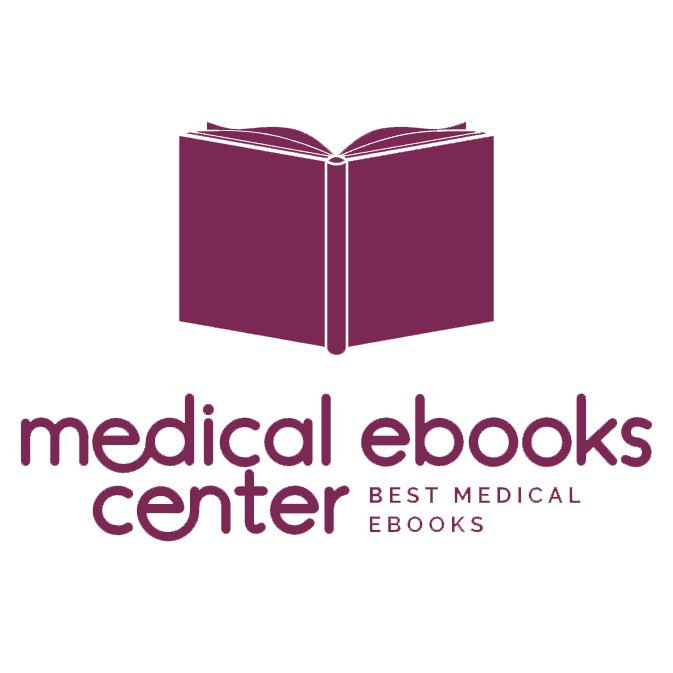
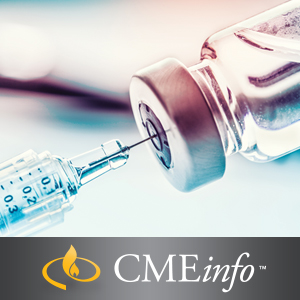
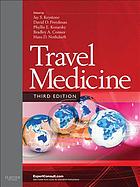
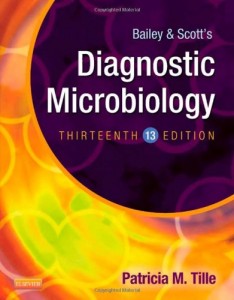
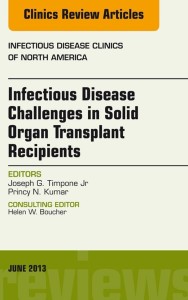
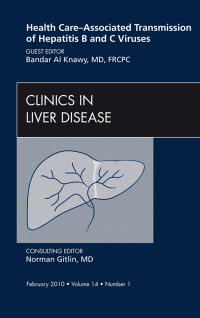
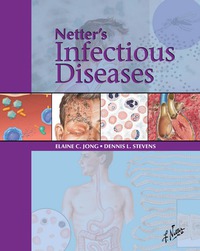
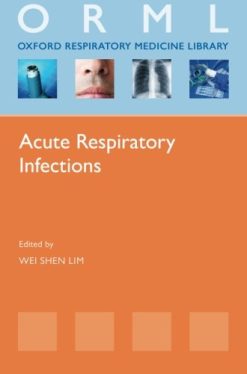
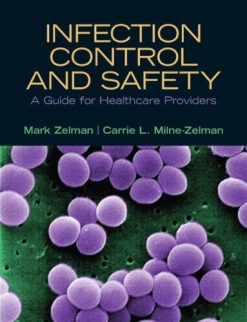
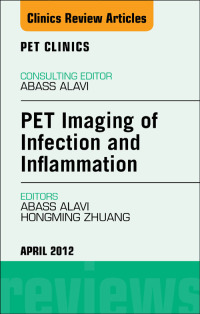
Reviews
There are no reviews yet.